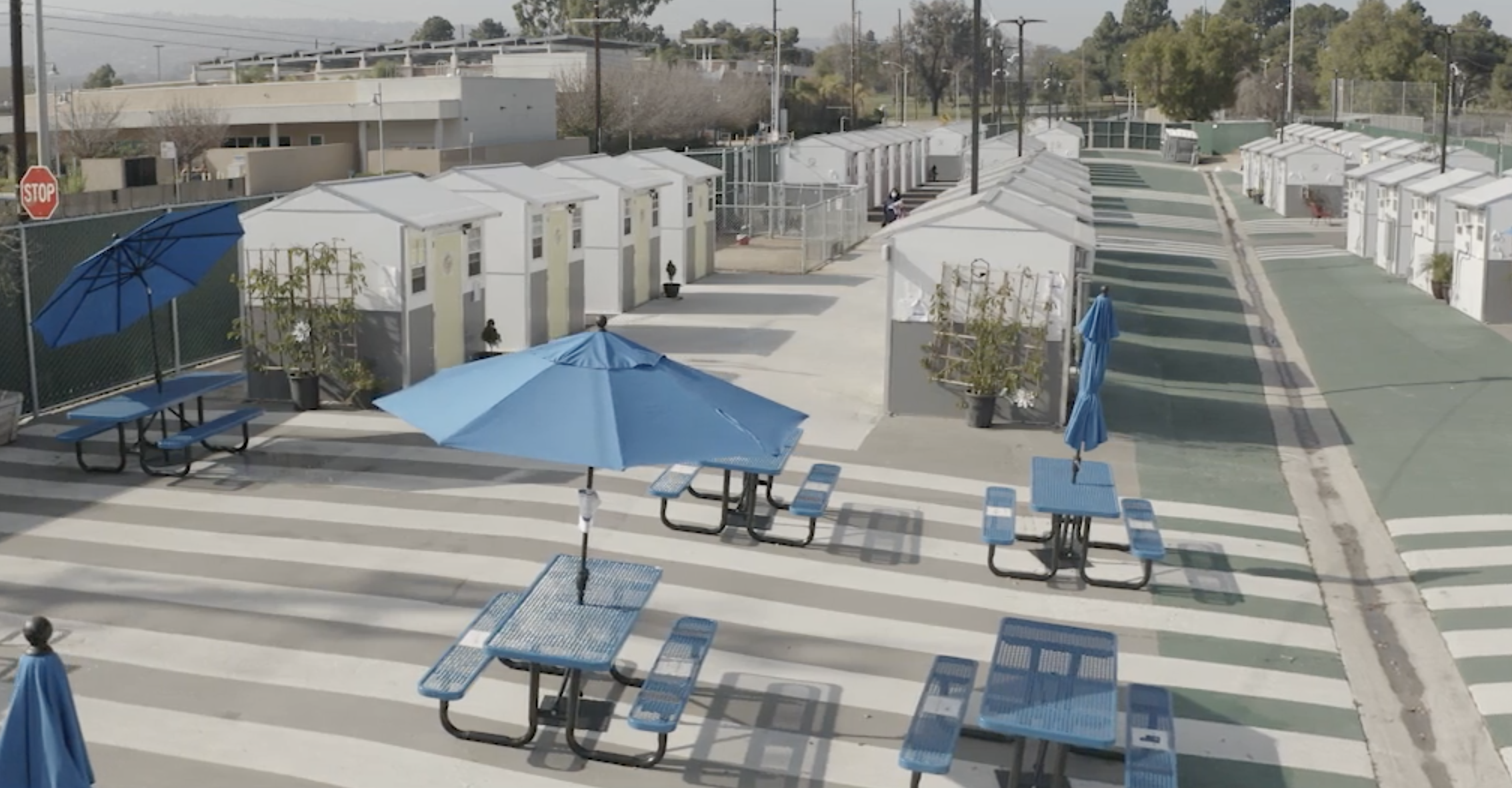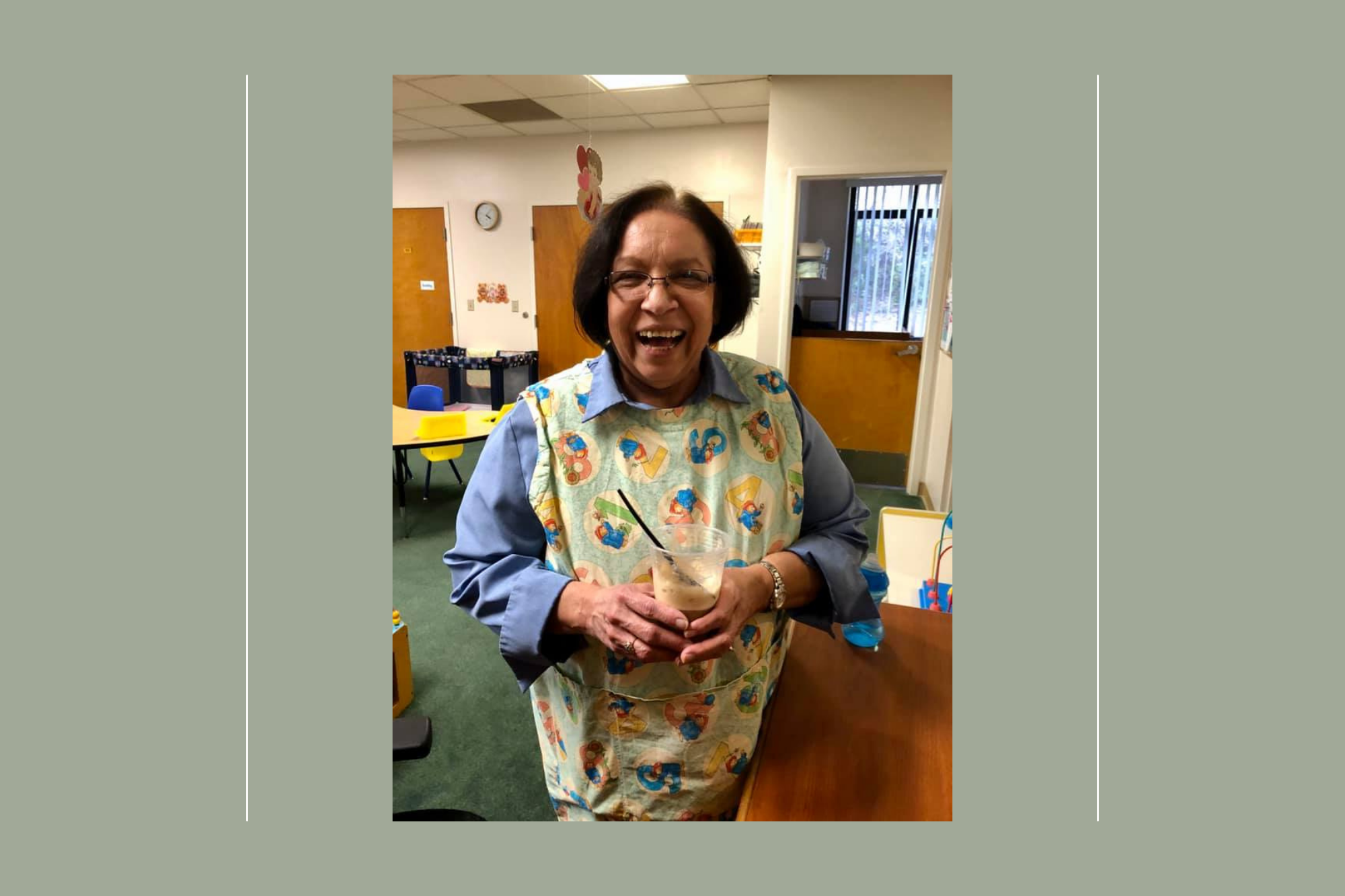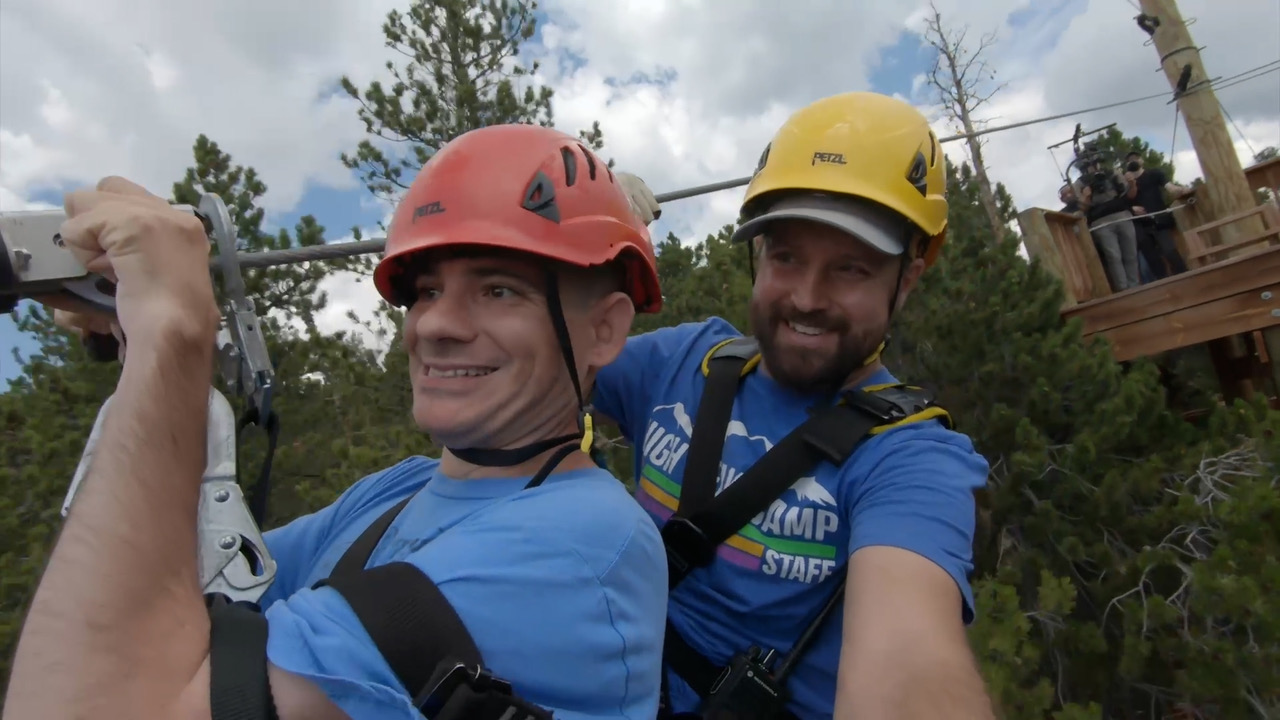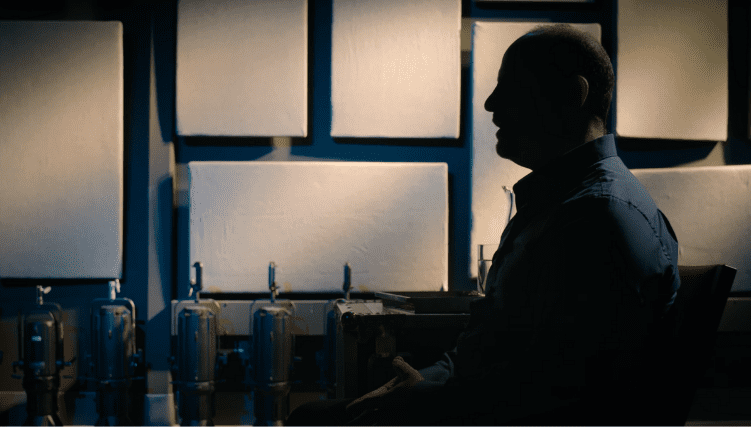Some barriers to success are too big to face alone. But what happens when Los Angeles City Council’s District 15, LA Harbor College, and The Salvation Army create a compassionate and professional community? For those experiencing homelessness, it’s an opportunity to achieve dreams, together.
Alta: She was homeless, too. I found her on the street. She changed my life. Day to day living out on the street it’s- it’s bad. You have to worry about everything. Here you feel safer, much safer.
Lt. Colonel John Chamness: We’re standing today in our tiny village, our Salvation Village, which is just a really cool public-private partnership. We have 75 individual structures that are able to house 82 participants. The city of Los Angeles provided this housing. They provided the capital resources to build what we’re standing in today. And then The Salvation Army was asked to come and operate this because we come with a long experience of doing shelters just like this.
Ishimine Caldwell: My name is Ishimine Caldwell. I go by Ish for short. I’m the Program Director here with The Salvation Army for The Salvation Village. The goal of these interim housing units is to quickly move individuals off of the street that have pre-existing medical conditions, but also to address the barriers that are preventing them from becoming stably housed. A lot of it is a lot of trauma, a lot of mental health, instability of income, and different barriers like that.
Every participant here will be assigned to a case manager. And the services can include anything from helping them to secure identification, a Social Security card if they are seeking income. And with our partnership with Harbor City College, they can get re-engaged into education if they so choose.
Christopher: I’m majoring in music business. My professor picked up on the fact that I was struggling with homelessness, spoke to Ish, Ish called me within, like, two days. It was the best call I ever received. It’s a bed. It’s air conditioning, heating, a shower, food. What else do I need?
Ishimine Caldwell: To have students to be housed here means that they can focus. It means that they can take that one piece of stress off the weight of their shoulders of worrying about where they’re going to sleep for the night.
Diana: Maybe God moved me over here to have more ambition in life. Now that I’m in front of the college, I want to enroll myself in college for my daughter so she can see that nothing is impossible. Here it’s different because everybody welcomes you.
Alta: It’s like a little family here. We just talk with everybody.
Steven: I’ve been a loner for so long, not being able to talk to somebody. This turned out to be a blessing. Everybody knows everybody. It’s like its own little town, you know? It’s nice.
Ishimine Caldwell: Welcome to The Salvation Village. For participants that come here, they’re on the fence of determining, Is this real? Do you guys really care? Are you really going to work with me or are you just talking like everyone else has done? What it means in creating programming here is that we provide the structure and we stay committed and consistent to what we stated that we were going to do.
Lt. Colonel John Chamness: It is the role of The Salvation Army and the desire of The Salvation Army not to keep people on a temporary structure like this, but to move them into permanent support of housing where they get the rest of their lives back.
Ishimine Caldwell: We’re going to coordinate and make sure that it’s a wraparound approach to providing services as opposed to a hands-off approach by coordinating with professionals, psychiatrists, and we’re making the right assessment and placement for that individual. It allows them a sense of home until they get home.
Christopher: I want to work in an office somewhere where people are creating and producing. I hope me following what my heart wants to do, I can succeed in that.
Alta: I really appreciate this place very much, very, very much. I’m just waiting to get my ID and then I will be getting into permanent housing being able to have her with me. And basically just living, you know, a normal life.
Do Good:
- See more videos like this in our video feed.
- Read more about how The Salvation Village restores hope to people experiencing homelessness.
- Did you know The Salvation Army served more than 23 million Americans last year fighting hunger, homelessness, substance abuse and more—all in a fight for good? Where can you help? Take our quiz to find your cause and learn how you can join in today.

















